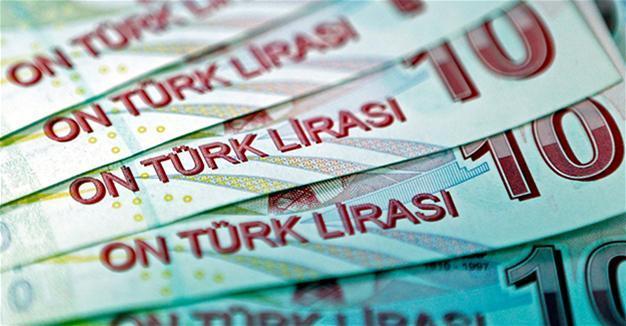Turkey to introduce lira obligation for companies in free trade zones: Minister
ANKARA

REUTERS photo
Turkey will introduce an obligation for companies to use the Turkish Lira in transactions in the free trade zone, Economy Minister Nihat Zeybekci said March 9, in a move to reduce demand for U.S. dollars by $6 billion.
Speaking at a news conference in Ankara, Zeybekci said the move, aimed at supporting the ailing lira, would be implemented “in a few days,” as reported by news agencies.
“Through free trade zones, we make over $20 billion in exports. We are set to introduce an obligation for companies in these zones to use liras for all transactions,” he said, adding that this move would reduce the demand for dollars by around $6 billion.
“We are planning to finalize the work for this move this weekend,” he added.
Zeybekci noted that Turkey now makes $25 billion of its trade through local currencies, adding that the government’s aim was to increase it to $70 billion.
“We have seen a number of positive developments in trade with several countries. We believe that a strong free trade deal will be realized between Turkey and Pakistan. Thanks to the preferential trade agreement with Iran, our bilateral trade with this country grows 30 percent annually. In 265 products within the scope of our deal with Iran, we saw up to 60 percent of increase in trade volume in the first two months of this year. We have now been in talks to boost the number of such goods to 400,” he said, adding that Turkey wanted to make trade with Iran, Azerbaijan, Saudi Arabia and the Gulf Council members in local currencies.
“Our aim is to increase the trade volume on local currencies to $70 billion. This will also enable Turkey to finance its current account deficit,” Zeybekci said.
Russia visit
Zeybekci also noted that Turkey’s swap deal may be finalized during President Recep Tayyip Erdoğan’s visit to Russia on March 10.
“The two countries’ economy ministers came together. Their central bankers also did. We are about to clinch the final deal. Maybe, we can make it during the upcoming meeting,” he said.
Zeybekci added that there was a sort of “foot-dragging” on the Russian side in normalizing agricultural trade, despite a common political sense to boost bilateral ties.
“Despite the political will to normalize the bilateral ties immediately, we have seen some sort of ‘foot-dragging’ on the Russian side in boosting agricultural trade. As the Turkish side, we could not take what we want in normalizing our agricultural trade,” he said, adding that they would use an insisting voice this time.
